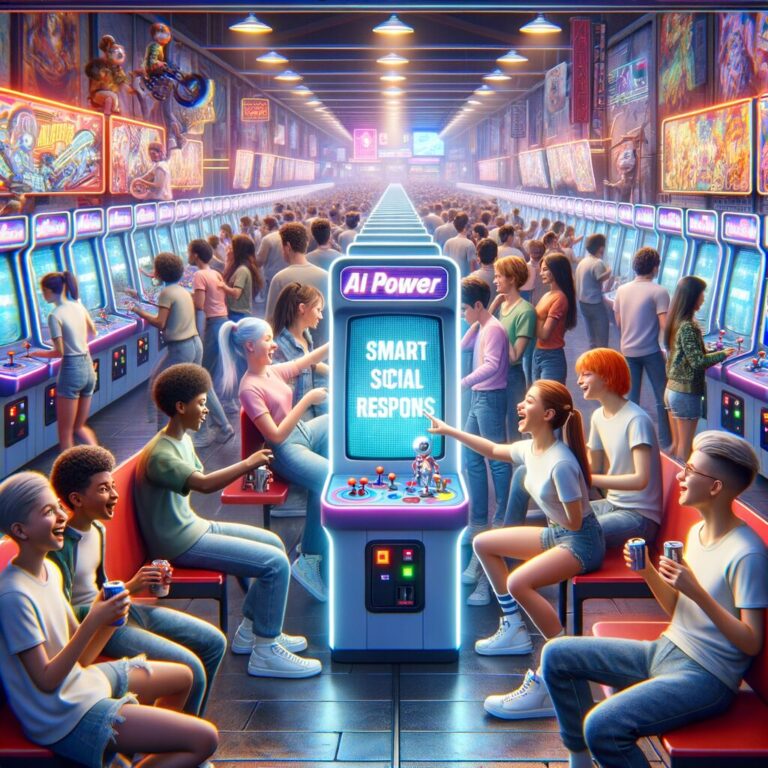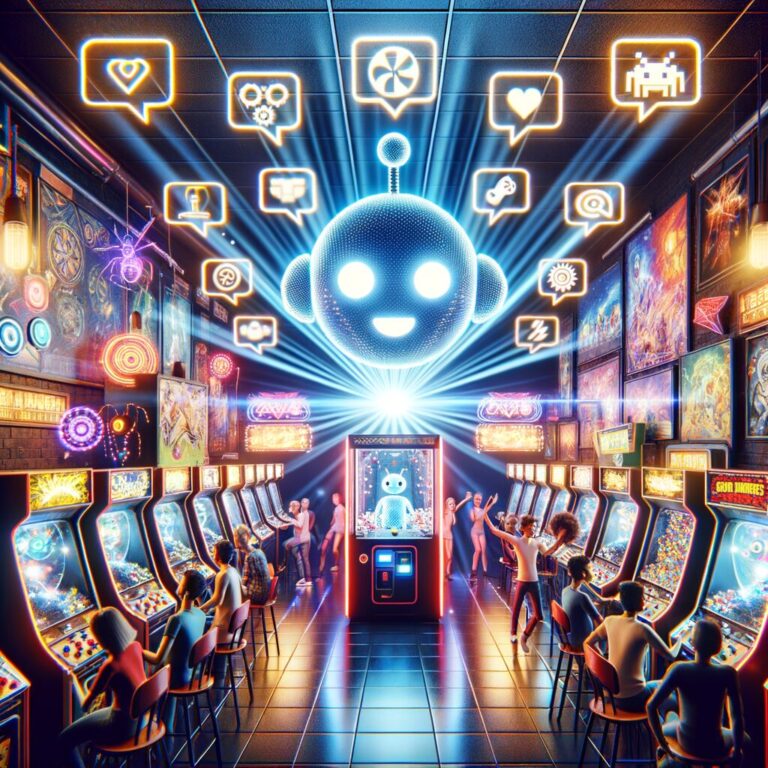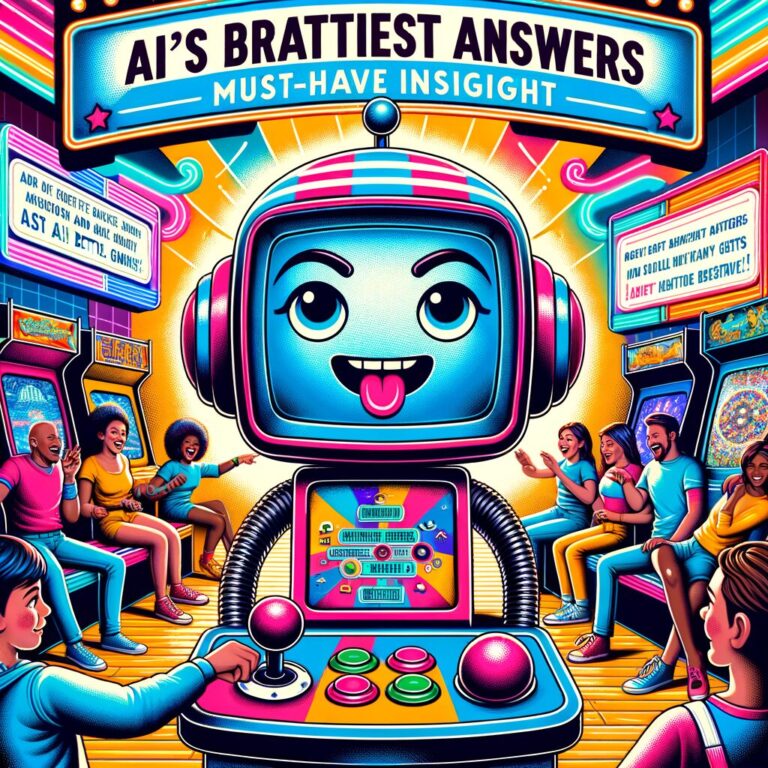Artificial Intelligence Comedy Revolution: Best Bet for Dethroning the Class Clown?
In recent years, the intersection of artificial intelligence and humor has sparked a lively debate among comedy enthusiasts, tech enthusiasts, and educators alike. The age-old question of whether a machine can truly master the art of humor is being put to the test as AI technologies advance rapidly. With the emergence of AI-generated jokes, memes, and even stand-up comedy routines, many are wondering if the AI comedy revolution could potentially dethrone the classic class clown. Let’s delve into this intriguing topic and explore the possibilities of AI becoming a formidable contender in the world of comedy.
The Rise of AI in Comedy
AI technology has made significant strides in various industries, from healthcare to finance, and now, it’s making its mark in the realm of comedy. Companies and researchers have been developing AI systems that can generate jokes, create humorous content, and even simulate comedic timing. These AI-powered tools analyze vast amounts of data, including jokes, puns, and comedic patterns, to learn the nuances of humor and generate content that elicits laughter.
One of the primary advantages of AI in comedy is its ability to churn out a high volume of jokes and content quickly. While human comedians may spend hours crafting the perfect punchline, AI algorithms can generate jokes in a matter of seconds. This efficiency and scalability have opened up new possibilities for creating and distributing comedic content on a vast scale.
The Evolution of AI Comedy
As AI technology continues to evolve, so does its ability to mimic human humor. AI algorithms are now capable of understanding context, wordplay, and even cultural references to create more sophisticated and contextually relevant jokes. Some AI systems are equipped with natural language processing capabilities that enable them to engage in conversational humor and respond dynamically to audience interactions.
Moreover, AI-driven comedy platforms are leveraging machine learning techniques to personalize comedic content based on individual preferences and feedback. By analyzing user responses and humor preferences, AI systems can fine-tune their comedic outputs to cater to diverse audiences. This level of personalization not only enhances the user experience but also allows for a more engaging and interactive form of comedy.
AI Comedy: A Threat to the Class Clown?
While AI comedy may have the potential to entertain audiences and generate laughs, can it truly dethrone the classic class clown? Human comedy is deeply rooted in emotion, empathy, and the human experience – elements that may be challenging for AI to replicate authentically. The spontaneity, improvisation, and emotional connection that human comedians bring to their performances create a unique and irreplaceable experience for audiences.
However, the rise of AI in comedy poses an interesting challenge to human comedians. As AI technology continues to improve and refine its comedic capabilities, human comedians may need to innovate and adapt to stay competitive in the ever-evolving comedy landscape. Some comedians have even embraced AI as a creative tool, using it to generate ideas, enhance their performances, or explore new comedic styles.
In conclusion, the AI comedy revolution is undoubtedly reshaping the way we perceive and consume comedy. While AI may not completely dethrone the classic class clown, it represents a significant evolution in the art of humor. As AI technology advances and human creativity continues to thrive, the future of comedy may very well be a harmonious blend of human and artificial wit, offering audiences a diverse and dynamic range of comedic experiences.






